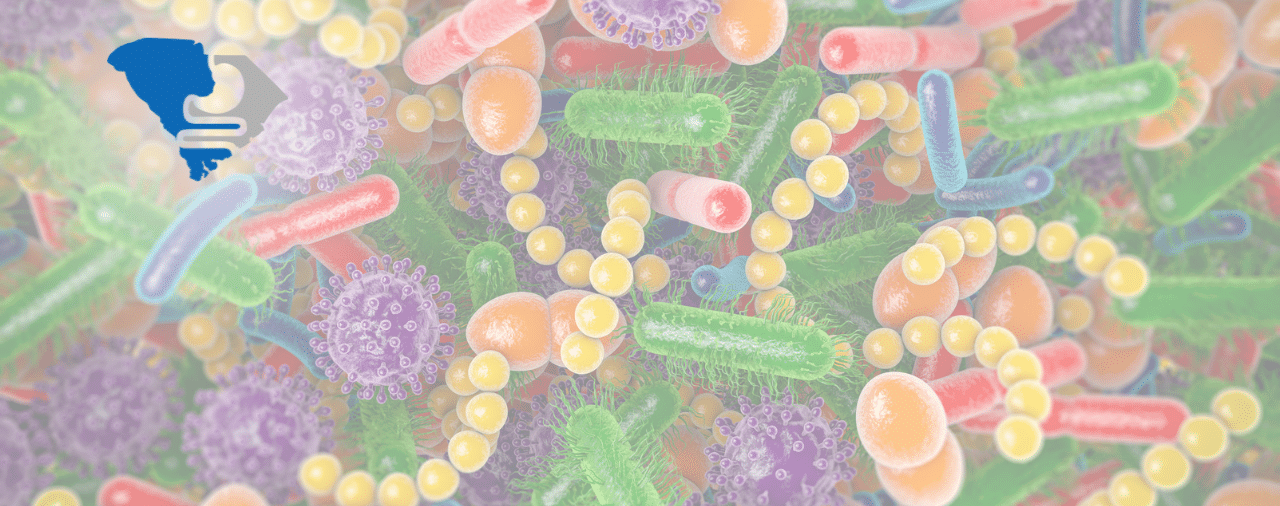Introduction
As a gastroenterologist, I often find myself emphasizing the importance of gut health — not just for digestion but for overall well-being. Let’s dive into what gut health means, why it matters, and how you can nurture it for a healthier life.
What is Gut Health?
Gut health refers to the balance and functionality of the gastrointestinal (GI) tract, which includes your stomach, intestines, and other digestive organs. Central to this concept is the gut microbiome — a complex community of trillions of microorganisms (bacteria, fungi, and viruses) living primarily in the intestines.
A healthy gut efficiently breaks down food, absorbs nutrients, and eliminates waste. It also plays a pivotal role in:
- Immune Function: About 70% of your immune system resides in your gut.
- Mental Health: The gut-brain axis links gut health to mood and cognitive function.
- Metabolism: A balanced microbiome helps regulate weight and energy levels.
- Disease Prevention: A healthy gut can reduce the risk of chronic conditions like inflammatory bowel disease (IBD), diabetes and even heart disease.
Why Gut Health Matters
Digestive Wellness
A well-functioning gut ensures that nutrients from your food are effectively absorbed, providing the building blocks your body needs to thrive. Issues like bloating, constipation, or diarrhea can signal an imbalance.
Immune Resilience
The gut microbiome acts as a barrier, protecting your body from harmful pathogens. A robust gut can help fend off infections and reduce inflammation, which is linked to various chronic illnesses.
Mental Health Connection
The gut is often called the “second brain” because it produces neurotransmitters like serotonin, which influence mood. Stress and mood disorders can have a major effect on our ability to digest and process the food we eat.
Systemic Health
Emerging research suggests gut health impacts almost every aspect of the body, from skin clarity to joint health. An imbalanced gut microbiome may exacerbate autoimmune conditions and metabolic disorders.
How to Support Your Gut Health
Eat a Diverse Diet
Incorporate a variety of fruits, vegetables, whole grains, and fermented foods (like yogurt, kefir, and kimchi) to promote a balanced microbiome.
Stay Hydrated
Water aids digestion and helps maintain the mucosal lining of the intestines, which supports gut health.
Minimize Processed Foods
Highly processed foods, artificial sweeteners, and excessive sugar can disrupt your gut microbiota.
Get Moving
Regular exercise encourages a healthy gut microbiome and supports overall digestive function.
Manage Stress
Chronic stress can negatively affect the gut-brain axis. Practices like mindfulness, yoga, and deep breathing can help.
Consider Probiotics and Prebiotics
Probiotics are beneficial bacteria found in supplements or fermented foods, while prebiotics are fibers that feed these bacteria. Together, they create a nurturing environment for your gut microbiome. Eating a diet full of fresh fruits and vegetables, low in fat, sugar, and low in processed foods is the best way to nurture a healthy microbiome. In some situations, taking a probiotic supplement may also be helpful.
Red Flags to Watch For
Certain symptoms may indicate poor gut health and warrant a visit to a specialist:
- Persistent bloating, gas or abdominal pain
- Chronic constipation or diarrhea
- Fatigue or brain fog
- Unexplained weight changes
- Skin issues like eczema or acne
Conclusion
Your gut is more than just a digestive powerhouse — it’s a central hub for your overall health. By taking proactive steps to support your gut, you’re investing in a healthier, more vibrant future. If you have concerns about your gut health, don’t hesitate to call 864-232-7338 or click here to make an appointment with one of our providers.
Written by Dr. Stephen P. Brackbill, Gastroenterologist


